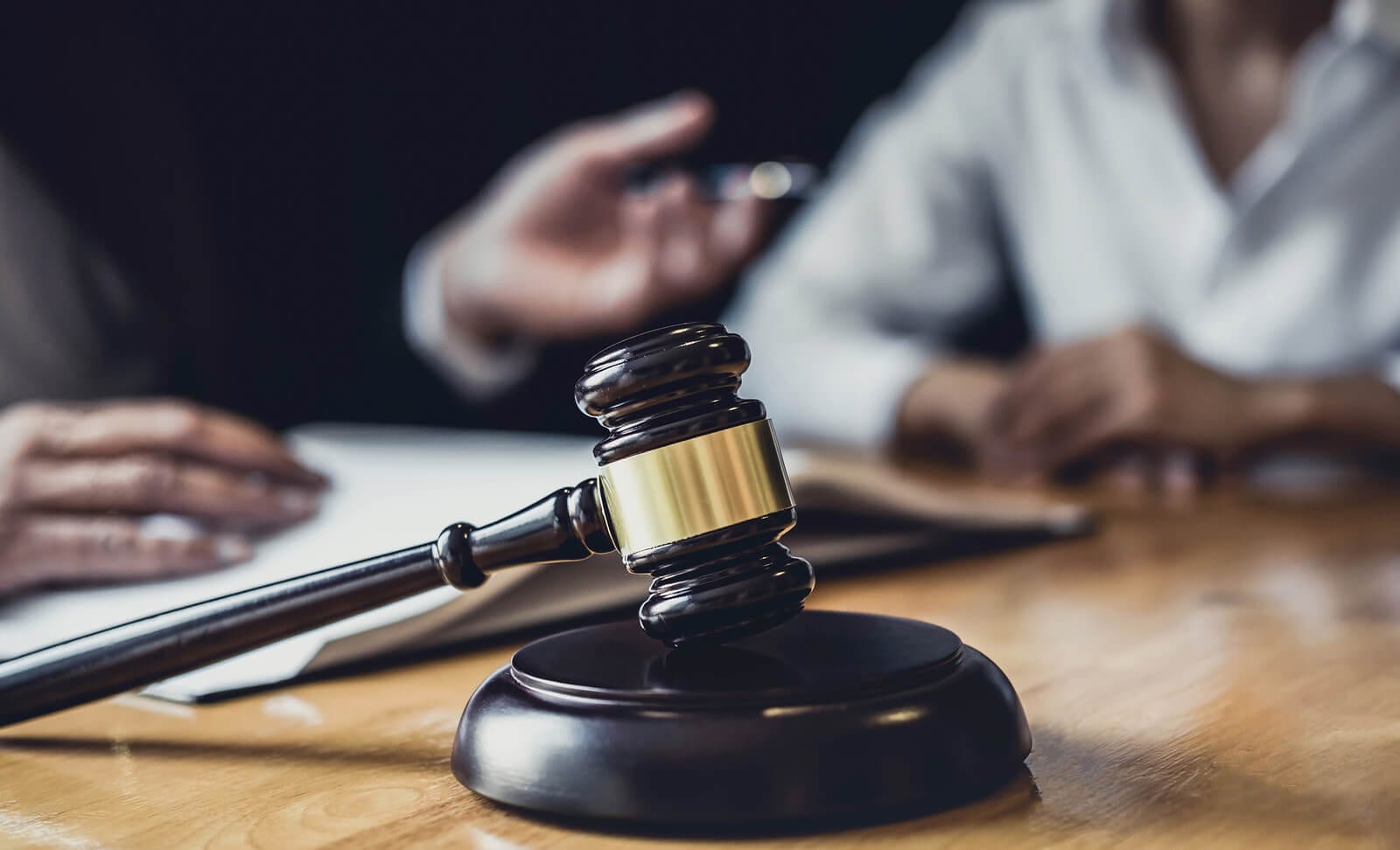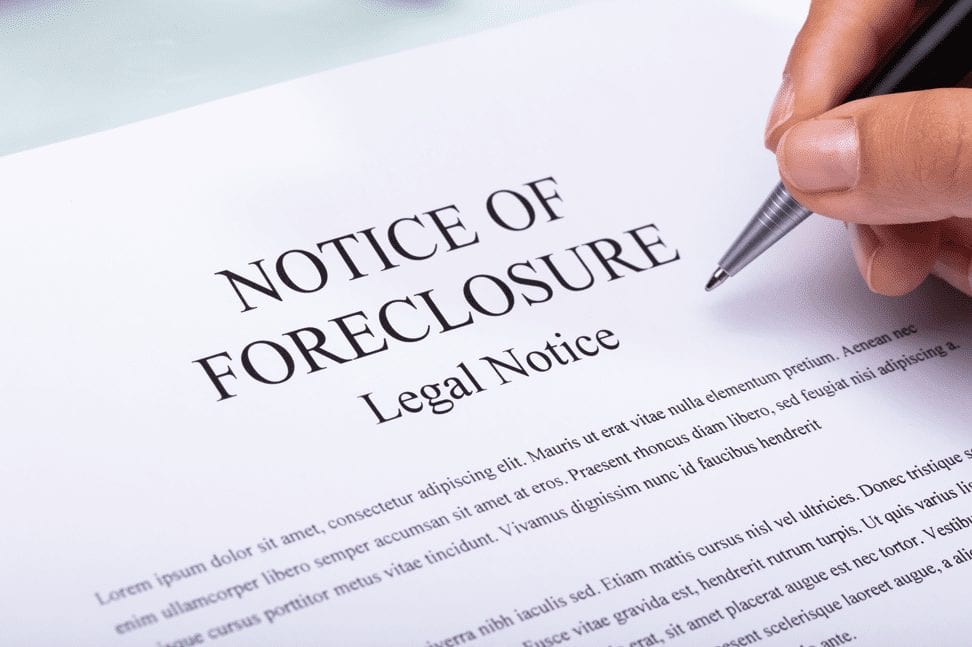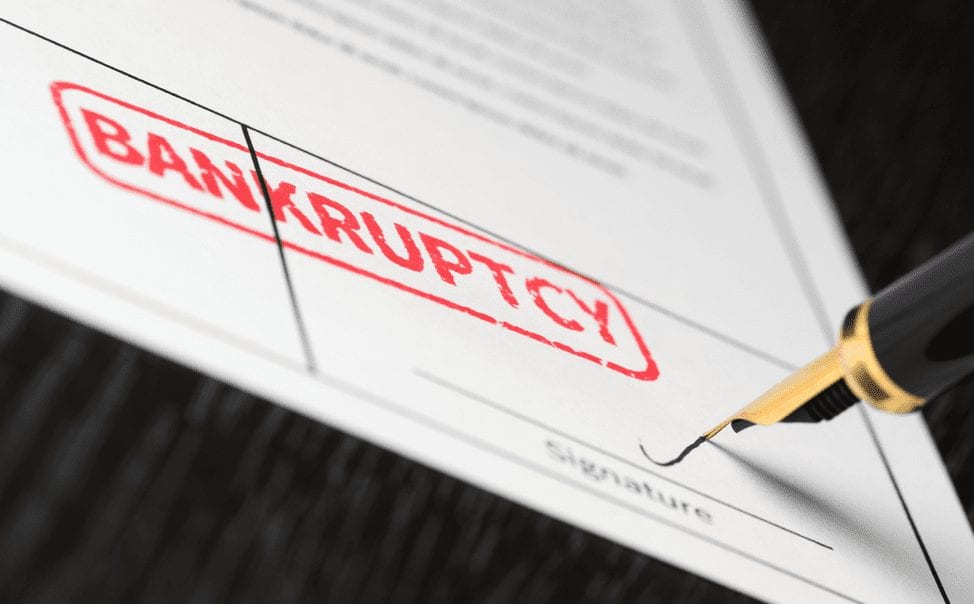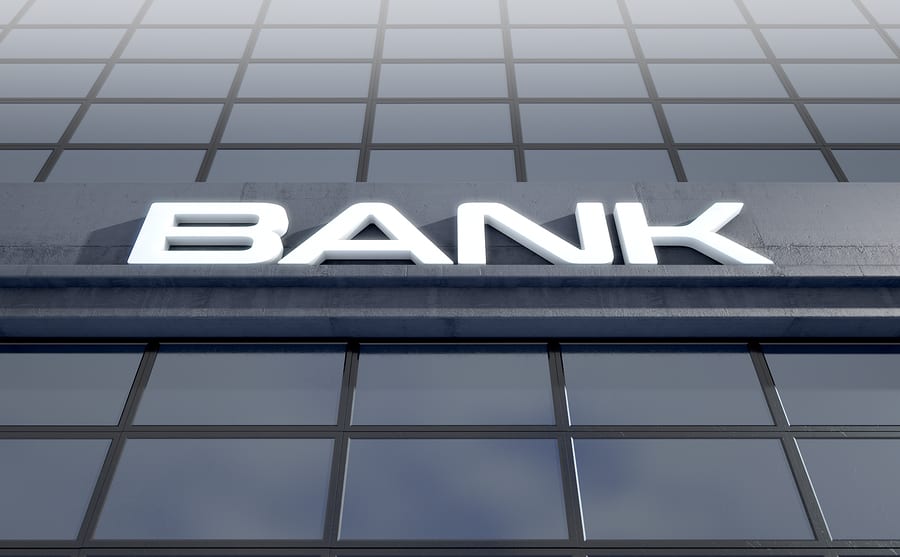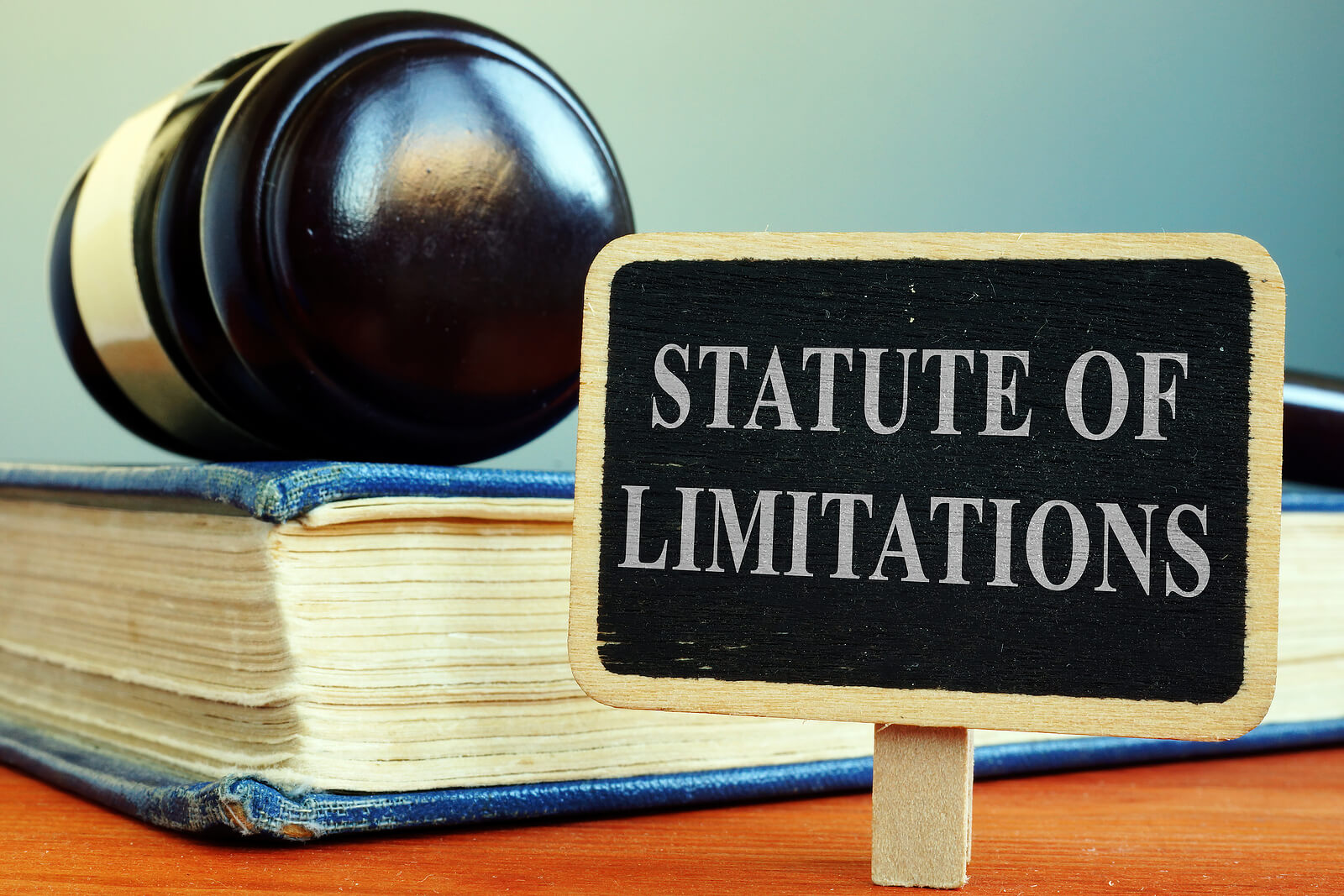With most bankruptcy proceedings, it is an inevitability that you’ll have to meet with an attorney, a bankruptcy trustee and possibly creditors at some point in the process. When either individuals or businesses file for Chapter 7 bankruptcy the court will schedule a Creditors Meeting. Otherwise known as a 341 hearing, a Creditors Meeting is an on-record hearing where a bankruptcy trustee will ask the debtor questions under oath about their bankruptcy petition.
341 hearings are conducted to verify that all the information you have provided in your bankruptcy filing is accurate and legally binding. There isn’t a judge presiding over the hearing, and while creditors have the option to appear, that is rare. You’ll likely just be meeting with a bankruptcy trustee who will want to go over your financials and bankruptcy paperwork, but your attorney will be able to better inform you on who all will be in attendance.
What Is the Trustee’s Role During the Meeting of Creditors?
A bankruptcy trustee has many responsibilities. They are in place to officiate over the bankruptcy process and make sure all paperwork and financials are in order on both the creditor’s end and the debtor’s end. Aside from simple tasks like checking your identity and reviewing your bankruptcy petition for accuracy, the trustee is also there to ensure that your creditors get paid out as much as possible.
Bankruptcy trustees are also there to look for financial inaccuracies, including bankruptcy fraud. They will closely evaluate your assets and search for any unreported income or revenue streams in an attempt to get more money for your creditors. Additionally, Chapter 7 trustees will be in charge of selling any unprotected assets and allocate the profits to pay back creditors.
What You Need to Bring to Your Chapter 7 Meeting of Creditors
Most of the verifying documents like your initial bankruptcy filing, pay stubs, bank statements, and income taxes would typically have been provided to the trustee ahead of your hearing. So you shouldn’t need to bring much more than a photo I.D., social security card, and a copy of your bankruptcy paperwork for personal reference.
In the event there has been a change to your finances since filing for bankruptcy, you will need to bring paperwork stating such change and present them to the trustee. If you are unsure of what to bring, you should contact your bankruptcy attorney and double-check that all items are accounted for prior to your 341 hearing.
How to Prepare for the Meeting of Creditors
It is extremely important that you review your bankruptcy petition and paperwork ahead of your meeting of creditors. Since bankruptcy is a detailed and often confusing process, it is easy to unintentionally leave out vital information or make a mistake. If you happen to find an error in your bankruptcy petition, you should immediately file an amendment before your hearing or bring up the issue to the trustee during the hearing.
Some common mistakes that are overlooked include:
- Failing to correctly list your legal name as it appears on your driver’s license
- Not listing all creditors
- Not including personal debt to family members that may have been repaid prior to filing for bankruptcy
Be sure to carefully examine every aspect of your financial history before entering your meeting. The bankruptcy trustee appointed to your case will be thorough and will likely ask you very personal financial questions. Be prepared to answer these questions honestly and openly as you are under oath during the hearing.
Examples of questions your bankruptcy trustee might ask you during your 341 hearing:
- Is the information you provided in your bankruptcy filing true and correct?
- Have you included all assets, both protected and unprotected?
- Have you listed all of your creditors that you owe money to?
- Have you previously filed for bankruptcy in any capacity?
- Have you transferred any property deeds over to other individuals in the last four years?
- Are you currently a plaintiff in an ongoing lawsuit?
- To your knowledge, does anyone or any institution owe you money?
Who Will Be at Your 341 Hearing?
As we stated before, there won’t be a judge presiding over the meeting of creditors. During Chapter 7 bankruptcy hearings it is highly unlikely that debtors come face-to-face with creditors, much less a judge. But you’ll definitely have company and observers during the hearing. It isn’t uncommon for other hearings to be scheduled in the same window of time. Sometimes up to ten other bankruptcy filers may be in attendance waiting for their case to be called as well.
To see where you fall in the schedule, check your calendar. If you aren’t scheduled to be called first, you may be able to observe other 341 hearings being conducted ahead of yours. This will give you an opportunity to see how the procedure goes, as most trustees ask the same list of questions.
Obviously, as the title suggests, all of the creditors involved in your case will be invited to attend your meeting of creditors. But this is highly unlikely. Creditors are limited to a very small window of time to ask the debtor questions, so unless they suspect fraud or think you are withholding funds or assets, they are unlikely to come out in force.
This all may sound rather daunting for those that haven’t gone through the bankruptcy process before. But keep in mind that the meeting of creditors is nothing more than another formality. You’re one step closer to being debt-free and one meeting closer to rebuilding your life. The talented bankruptcy attorneys at OakTree Law will help walk you through your upcoming meeting of creditors and ensure that all of your affairs are in order.
